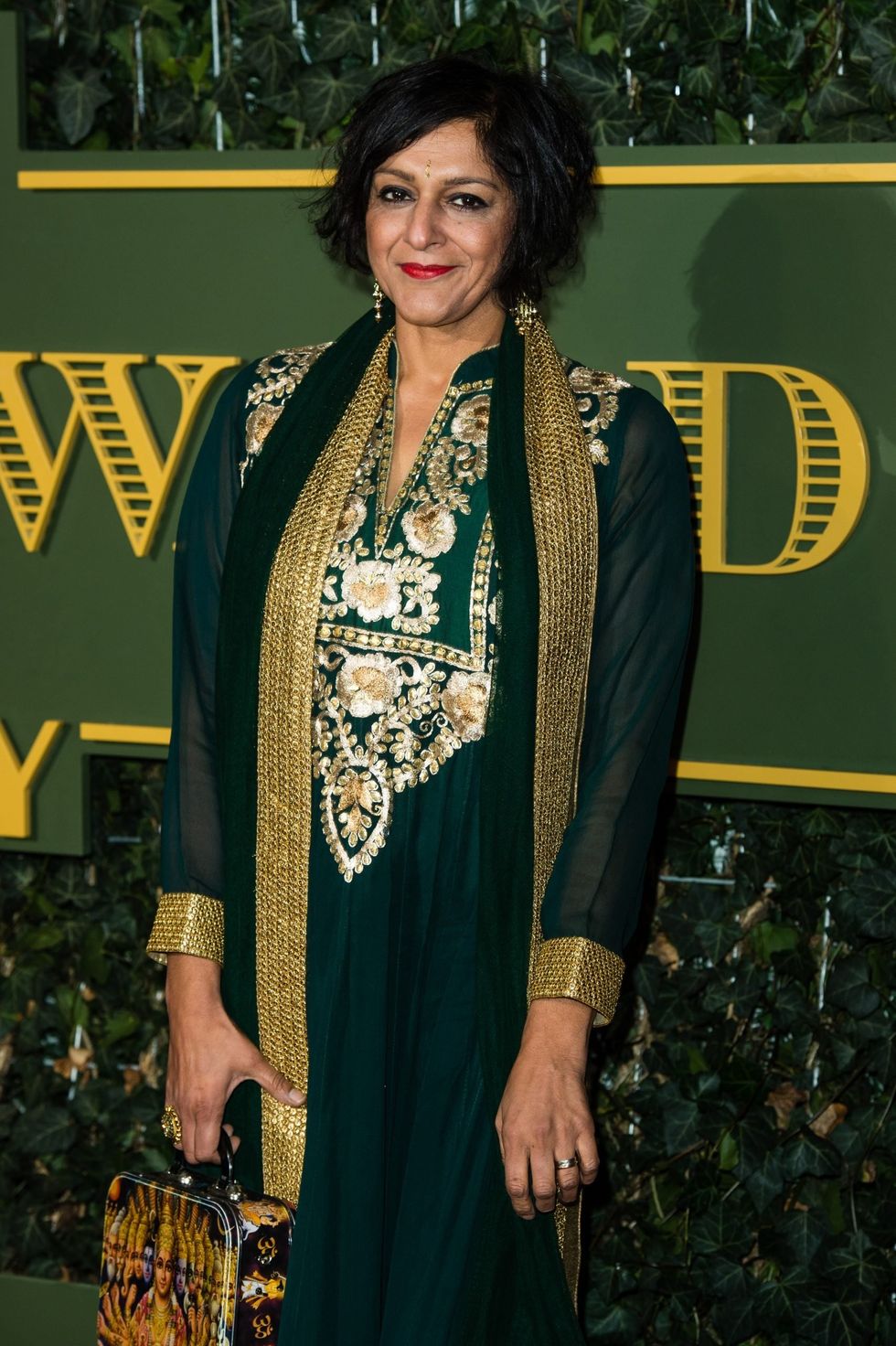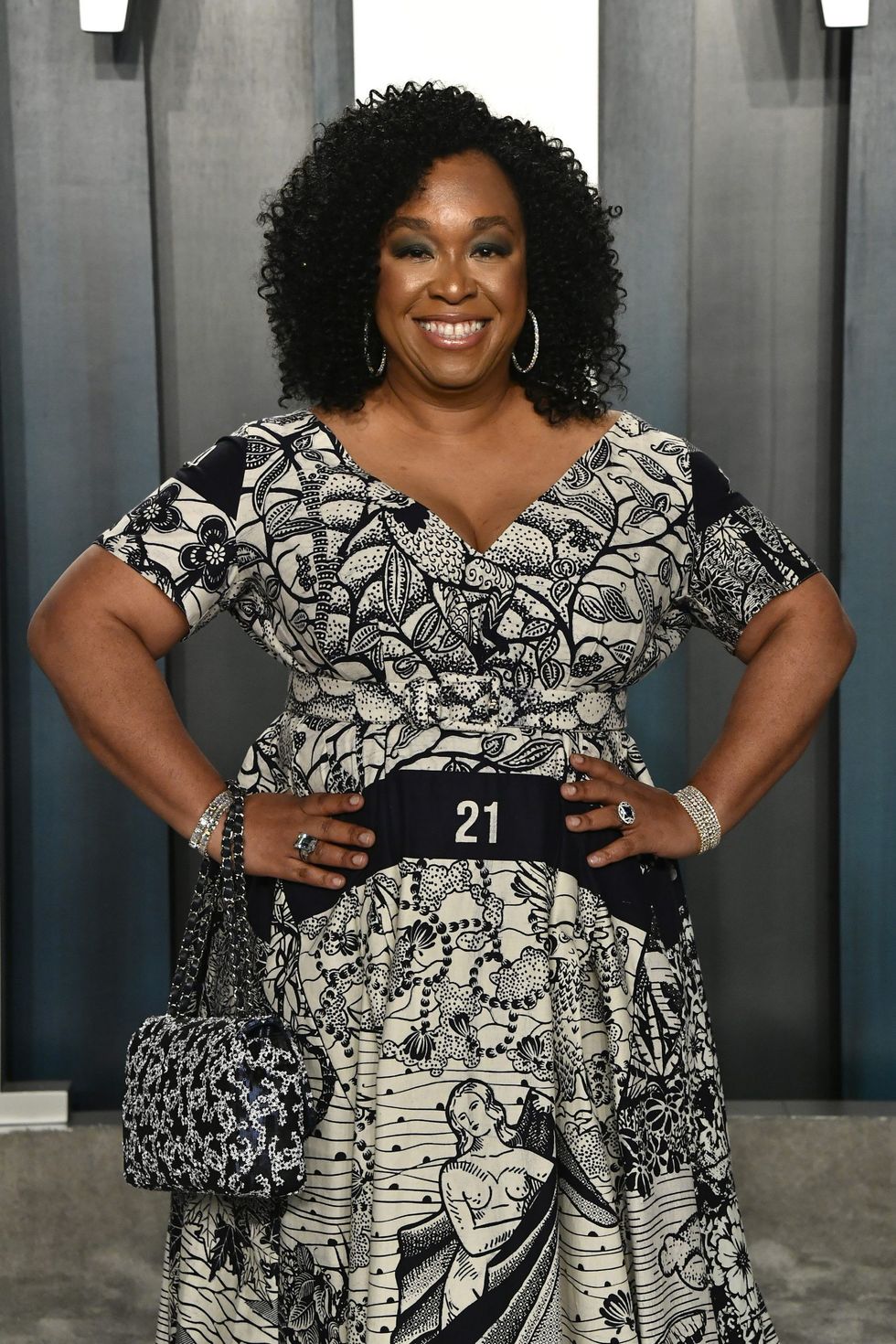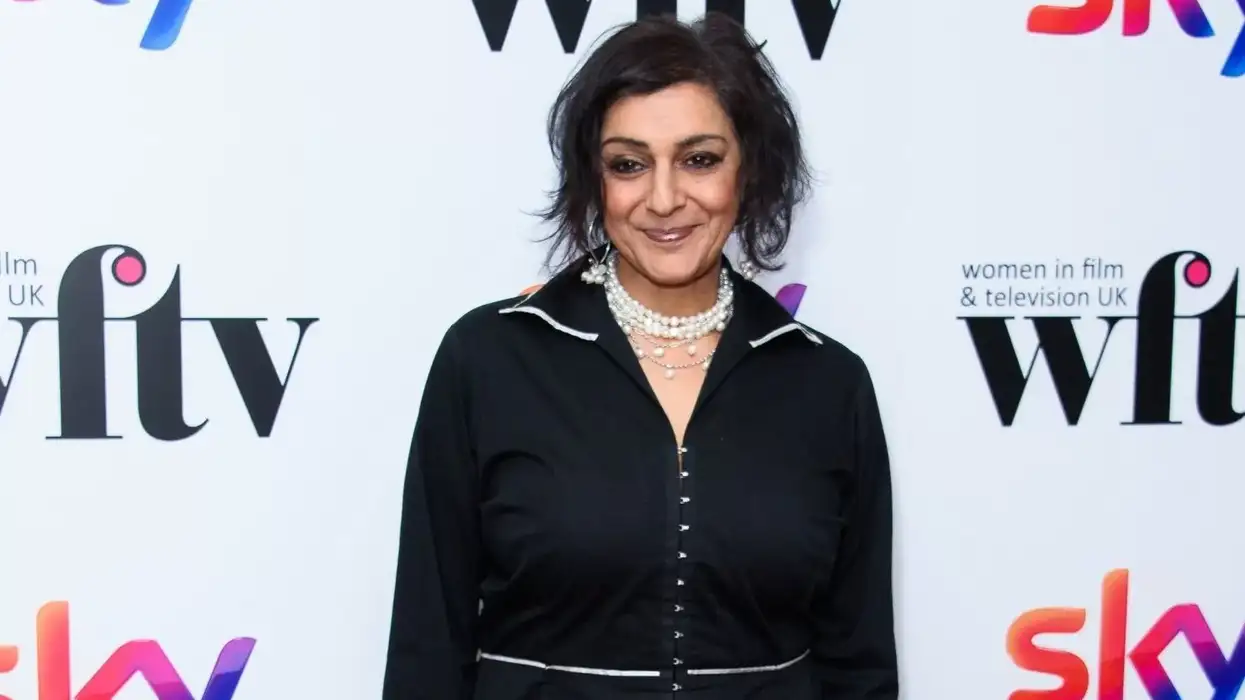The actress reveals her frustrations with TV commissioners
Exclusive
By Barnie Choudhury
The star of Goodness Gracious Me and The Kumars at No 42, Meera Syal, has appealed to television commissioners to stop using an outdated “quota system” which blocks black and Asian (BAME) talent on screen.
During the Asian Media Group and University of Southampton’s inaugural fireside Pioneers Project chat, Syal said she wished that one day she would not have to talk about the challenges facing BAMEs in the industry.
“We just got to have really honest conversations, and I think that's happening,” she said. “The change really will come when the people that hold the purse strings and the power are diverse, and the boardrooms are diverse, when the commissioners are diverse. It’s not.
“People think diversity is a headcount and you switch on your television and go well there's one and there's one I mean, they're all over the place, they're even in adverts now for God’s sake. But that's actually quite superficial headcounts.”
Quota system
Syal, who has just finished filming a movie for Disney, where the central characters are south Asian, told the virtual audience that commissioners operated an unfair “quota system”.

“It is getting out of the quota system in your head and actually [stop] thinking that there's only room for one Asian show a year, one Asian star, one Asian drama, one Asian comedy and to take that label right off it and go what's good, and not to worry about who's not going to watch it, who is going to watch it.
“Audiences are much smarter than they give them credit for. Audiences will watch what's good and they don't really care what colour the people are that are in it. They really don't. They just want to watch good stuff.”
Last June, more than 2800 actors, producers, writers and production staff wrote an open letter to industry bosses urging them “to tackle structural and systemic racism in our industry, in the UK”.
Industry racism
Syal said it is difficult to prove that the industry is institutionally racist.
“The answer you will get from your agent is they've gone in a different direction, which actually could mean a million things. It could genuinely mean you're not right for the part, and that is part of being an actor, of course. Or does it mean, we don't think somebody with a brown face should play that part? But how are you ever going to prove that? So, it's really hard to pinpoint where that happens.
“It's much more clearer when I'm trying to get scripts off the ground, because most of the things I've written heavily feature south Asian characters, because that's what I'm interested in, and I feel we have so many untold stories that haven't been told before, then I do feel the quota system comes in. So many times have I by heard, we have something similar, which doesn't mean we have something that is exactly the same idea as yours, it just means we have something with brown people in it, and we can't have both things at the same time. That makes me crazy mad.”
The key is to follow the American model, she said.

“What has changed the American industry is having people like Shonda Rhimes, or Oprah Winfrey, who are black women with the financial power and managerial power, who go, I don't want to go and sit in your office and tell you I want to do this project. I can fund it myself, thank you very much. I've got audiences that will watch it.
“The broadcasters then say, oh yes, actually, that does work, so now come in with us.
That's why I'm saying when the boardrooms change, when the people who sit in the seats of power are actually diverse in their head and their heart, then we won't have to have these conversations, we won't have to keep explaining ourselves.”




